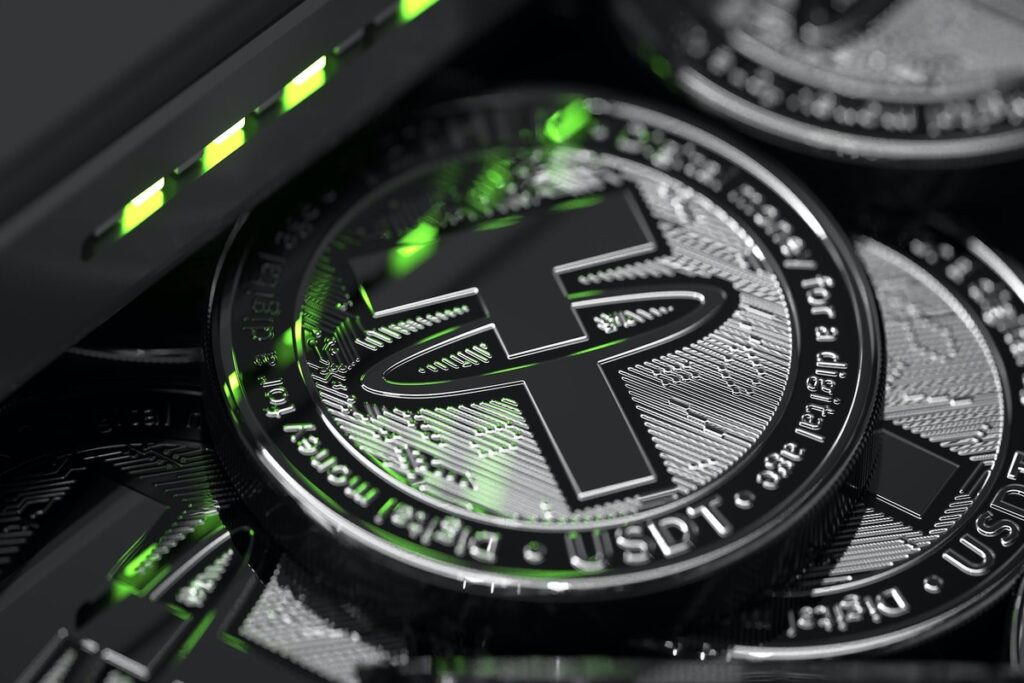It has been reported the fact that Tether has protested regarding the UN accusations of USDT being used in crime. Check out the latest reports about the matter below.
Tether protests UN accusations regarding USDT
Tether, a stablecoin, is refuting recent allegations made by the United Nations agency. The agency has claimed that Tether’s stablecoin, USDT, is being used widely for fraudulent activities and money laundering in Asia.
According to the United Nations Office on Drugs and Crime (UNODC), criminals in East and Southeast Asia prefer to use USDT on the Tron (TRON) blockchain because of its stability, easy accessibility, anonymity, and low transaction fees.
The UNODC report states that money launderers and fraudsters often use USDT on illegal online gambling platforms.
The report cites several examples, including Tether’s decision in November to freeze $225 million worth of USDT in certain Southeast Asian wallets.
This move was made after the US Department of Justice (DOJ) conducted an investigation and alleged that these addresses were associated with “pig-butchering” romance scams.
Tether, however, argues that its collaboration with law enforcement is proof of the opposite.
“The monitoring of Tether tokens through our collaboration with global law enforcement including the DOJ, FBI, and USSS (which was recently onboarded on the Tether platform) ensures unparalleled monitoring, surpassing traditional banking systems that for decades have been the vessel for laundering substantial sums proven by the fines that have been levied on them.”
The notes continued and said the following:
“Tether tokens, using public blockchains, make it possible to meticulously track every transaction, making it an impractical choice for illicit activities.”
Back in December, we reported the fact that Tether, the issuer of the world’s largest stablecoin, has announced that it is freezing the wallets of individuals who have been sanctioned by the U.S. Office of Foreign Asset Controls (OFAC).
You can check out our previous article in order to learn more details.
